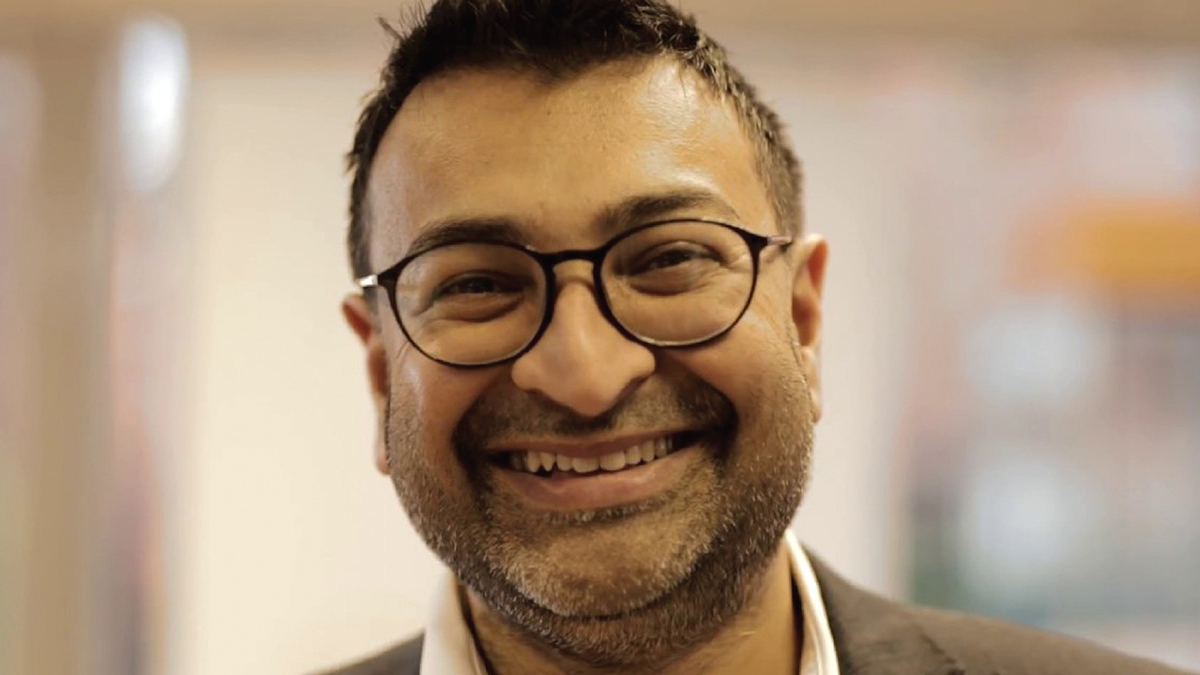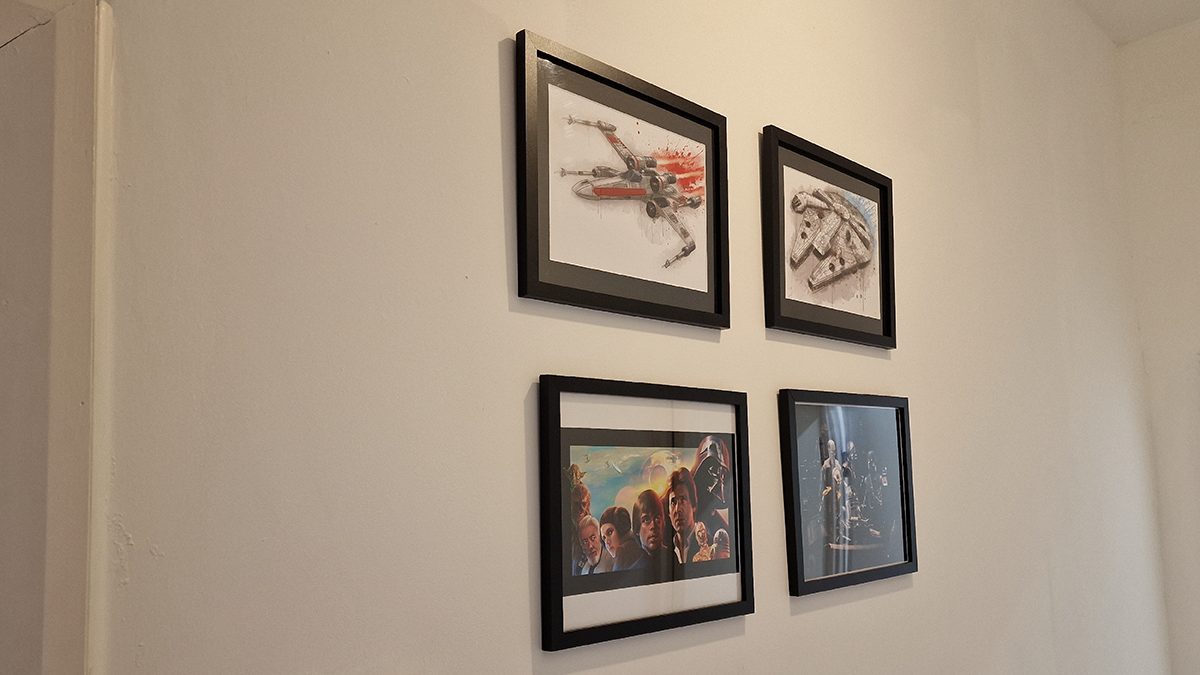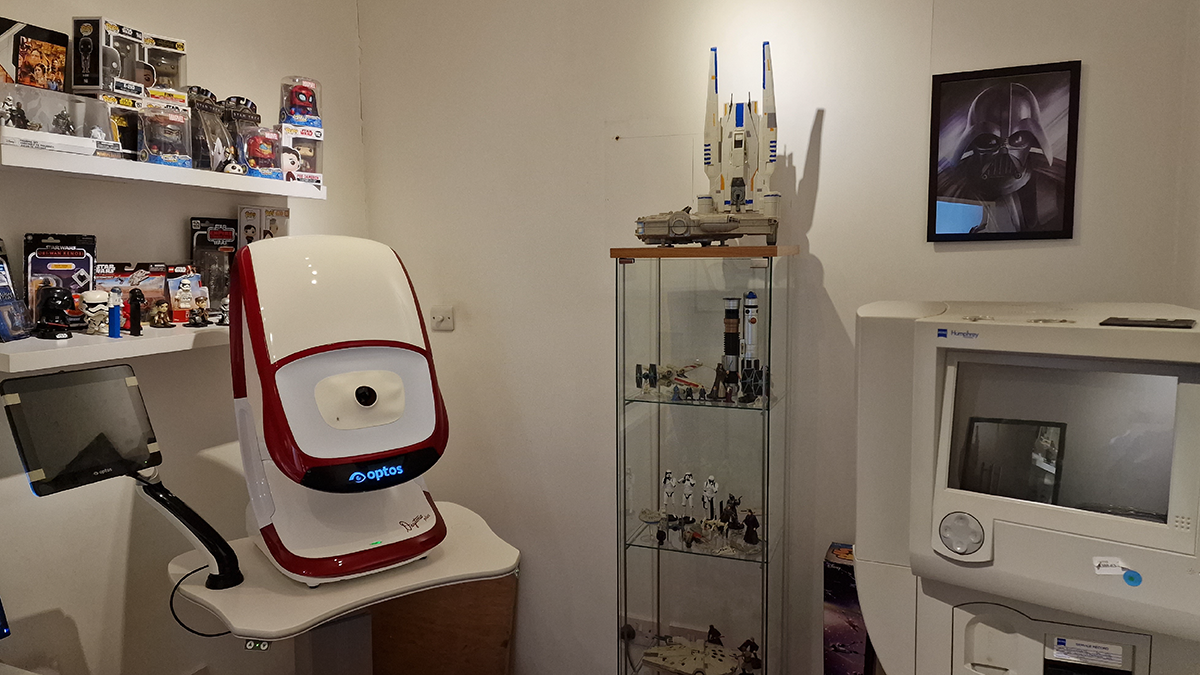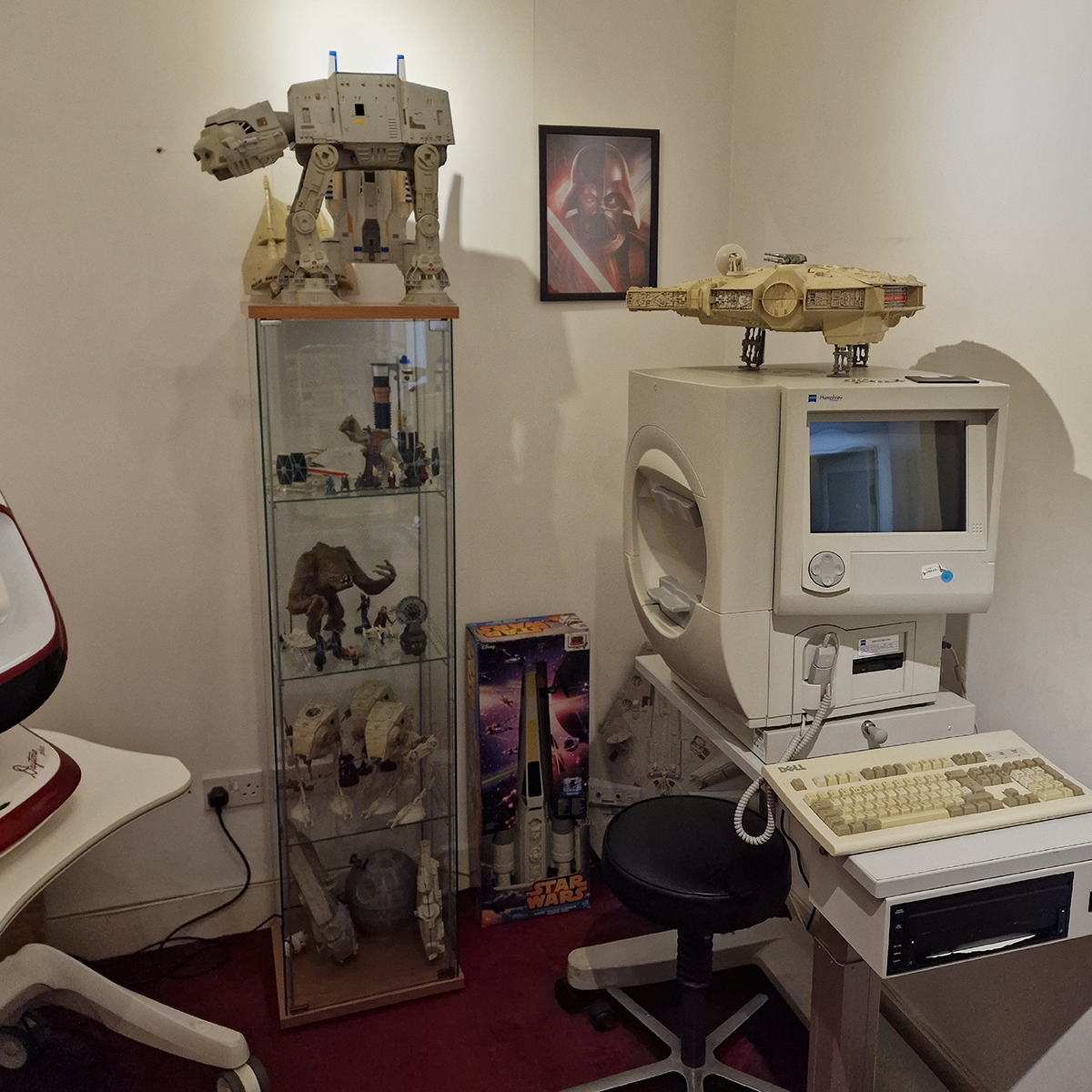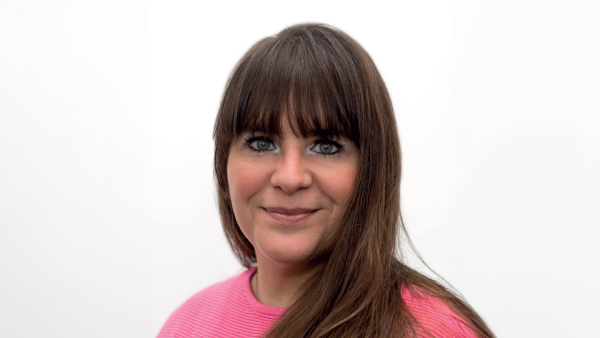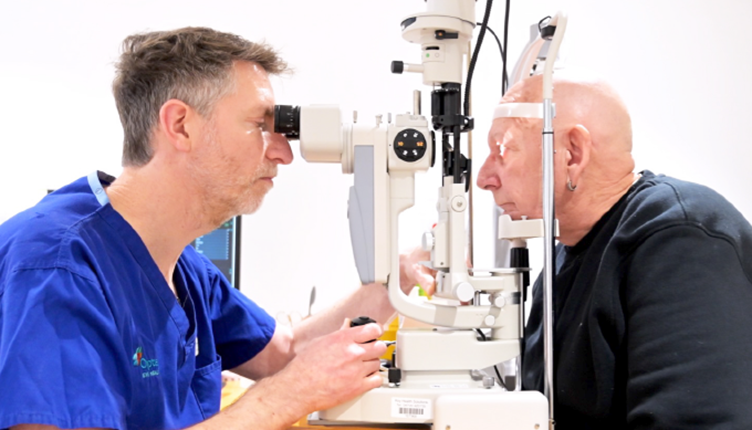You are viewing 1 of your 3 articles before login/registration is required
Bhavin Shah: Optical Jedi
How Star Wars is helping one practitioner to market his practice and promote his approach to behavioral optometry
In a galaxy not far away – Finchley, actually – optometrist Bhavin Shah has managed to merge two seemingly unrelated worlds: Star Wars and optometry. Specifically, he’s been busy boosting his practice’s visibility with some creative marketing – on May 4 (Star Wars Day) he released a series of AI-generated visuals that transport fans into the intergalactic realm of optical care. Shah is also making optometry appointments much more exciting for his clients – whether they’re children or parents (after all, both can be Star Wars fans these days). With this fun and fandom also supporting Shah’s particular approach to behavioral optometry, we caught up with him – on May 4, of course – to find out more.
How long have you been incorporating Star Wars into your practice?
About six years ago, my daughter bought me a Funko Pop! Star Wars vinyl character. Over time, I built up quite a collection – too many to keep at home, so I started to bring them into the practice. Today, I have about 200 pieces of memorabilia and merchandise in the practice. And with the Star Wars-themed images I’ve been creating with AI, I’ve got quite a collection of artwork as well.
We see a lot of kids in the practice. When they come in for an appointment and see a load of Star Wars stuff, they’re no longer apprehensive about having their eyes examined. It’s a great way to build a connection with our smaller patients – but also their parents (many of whom were brought up with the original movies). I meet a lot of Star Wars fans!
You describe yourself as an Optical Jedi…
I’m a behavioral optometrist, so the connection I build with patients is particularly important – – and that’s helped by the Star Wars theme. Behavioral optometry requires a different way of looking at the visual system; we actually teach people how to see better and how to be aware of their visual environment. It’s not about asking, “Can you read the letters on the chart?” What we take in from the world around us, how we interact with the world, what we interpret from the images we see – these are the key aspects of behavioral optometry. But it’s about your imagination, which lends itself to the Star Wars angle.
So Star Wars is helping promote behavioral optometry in some small way?
Yes. People know me as a Star Wars superfan and that helps with the optometry side of children’s vision. It’s about balancing the serious stuff with the fun stuff. I present an environment that is a bit different. We don’t take things too seriously – it’s important that our clients see that.
Would you say behavioral optometry is sufficiently well understood and recognized?
The industry is very much focused on optical correction (that’s where most of the money is) – without thinking about how our vision makes a difference. We’ve been trying to recruit another practitioner to work in behavioral optometry, but it is difficult to find someone who has an interest in the field. I also think it’s hard to convey exactly what behavioral optometrists do – both to people in the industry and to patients, so I use an analogy. Imagine kids in a running race – one will come first, one will last, and everybody else will be somewhere in the middle. Now, if we want to improve their performance and send them to the running equivalent of an optometrist, they’ll all receive a new pair of trainers. Evidently, a new pair of trainers won’t necessarily help them win the race. The running equivalent of a behavioral optometrist would explore their leg coordination, examine their strength and stamina, and work on those elements to help them run faster.
Behavioral optometry can make a huge impact on how a child learns and performs at school. It can improve their confidence, self esteem, and ability to learn – and this will stay with them throughout their journey in education and life.
The New Optometrist Newsletter
Permission Statement
By opting-in, you agree to receive email communications from The New Optometrist. You will stay up-to-date with optometry content, news, events and sponsors information.
You can view our privacy policy here
Most Popular
Sign up to The New Optometrist Updates
Permission Statement
By opting-in, you agree to receive email communications from The New Optometrist. You will stay up-to-date with optometry content, news, events and sponsors information.
You can view our privacy policy here
Sign up to The New Optometrist Updates
Permission Statement
By opting-in, you agree to receive email communications from The New Optometrist. You will stay up-to-date with optometry content, news, events and sponsors information.
You can view our privacy policy here
